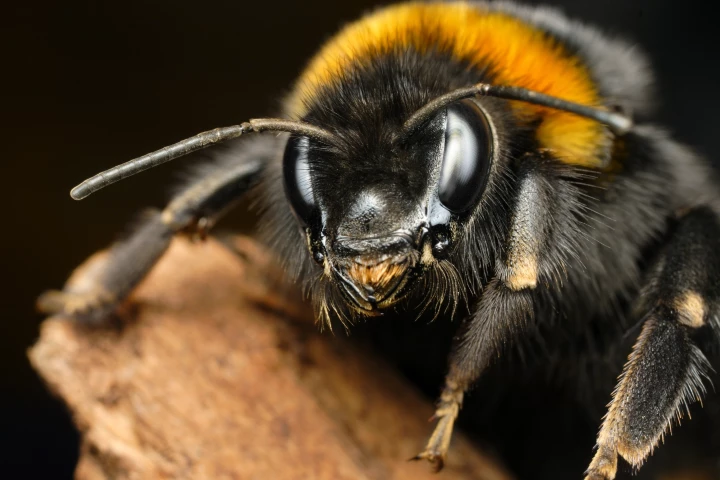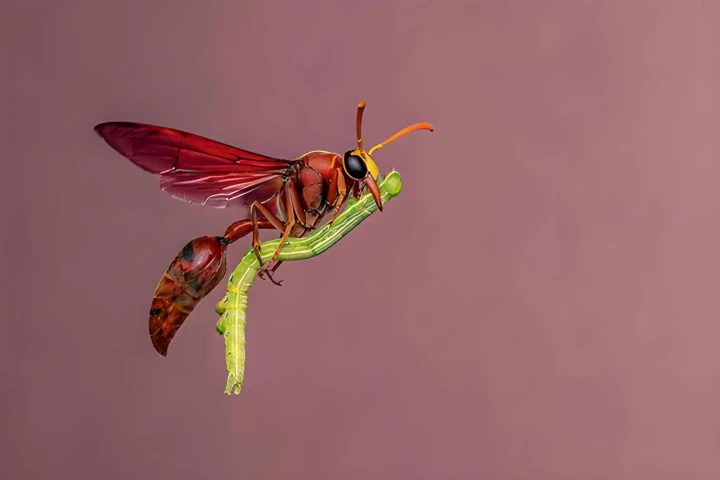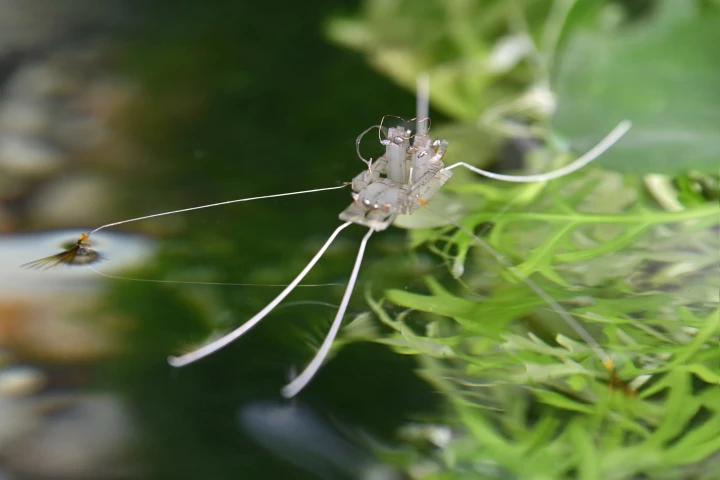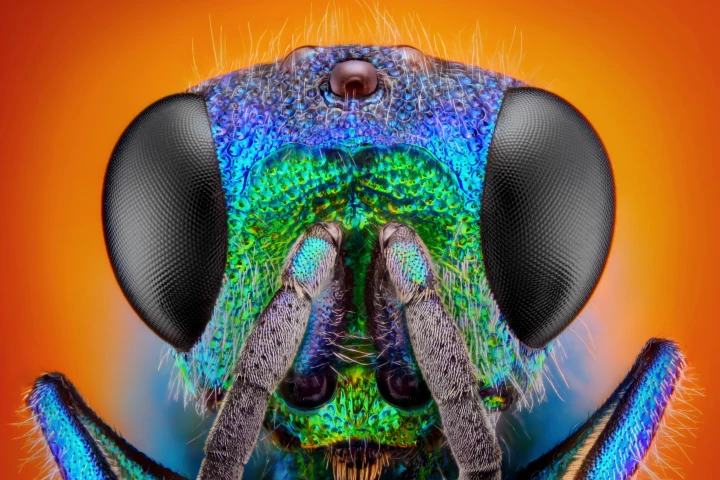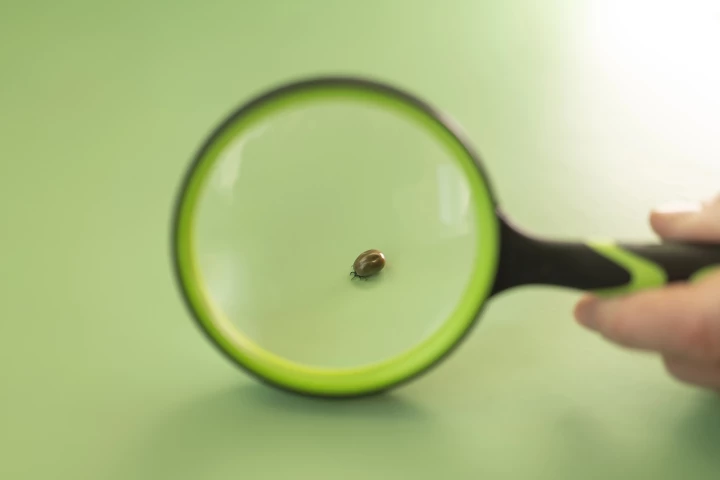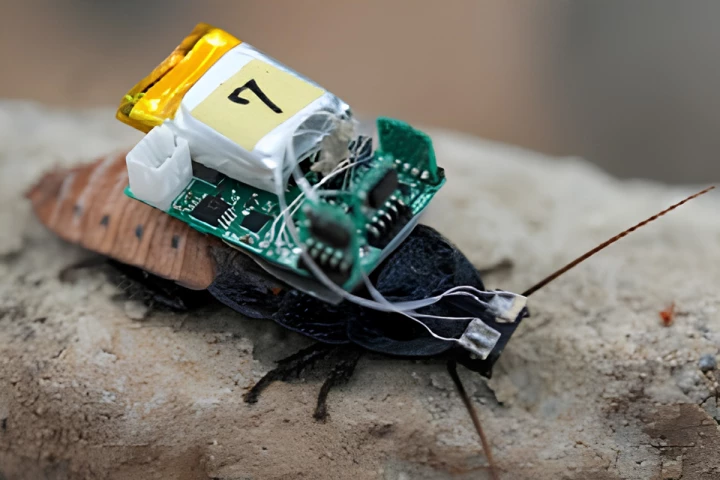Insect
-
In a groundbreaking new study, scientists took a closer look at how bumble bees respond to positive experiences inside the nest. They found positive attitudes are quite literally contagious, spreading between bees within seconds.
-
In the world of flying, stinging insects, Asian giant hornets reign supreme, reaching impressive sizes and wielding mighty venom-filled lances. Now, researchers have found an unlikely hero that can vanquish these buzzing badasses: the humble frog.
-
A stealthy parasite queen can turn an ant colony against itself. The invading queen has been found to sneak into an ant colony, creep towards the resident ant queen, and spray a chemical that tricks ants into slaughtering their own mother.
-
Once confined to Latin America, Chagas disease – a potentially deadly parasitic infection that is spread in a gross way – is now endemic in the United States, threatening both humans and their pets in what experts are calling a silent public health crisis.
-
We don't fully understand why some people are more attractive to mosquitoes – it's a complicated web of physiological and bacterial factors, geography and species. But a new study suggests that some insects like to home in on the life of the party.
-
Every year, the Natural History Museum in London dazzles wildlife lovers with the best-of-the-best photographs of the natural world. This year is no exception, and we've got a riveting preview for you ahead of October's award ceremony.
-
Although we've seen many robotic water striders over the years, scientists are still finding new aspects of the insects to replicate. Recently, for instance, researchers created a strider-bot that zips across the water's surface via fans on its feet.
-
Instead of going to the trouble of building tiny robots from scratch, some scientists are now turning insects into remote-control cyborgs. A new "assembly line" could help, by converting cockroaches into cyborgs far faster than can be done by hand.
-
A species loved by scientists has a new trick under its wings – a "time out" in youth that leads to significantly slower aging throughout life. This discovery, which shows that biological aging isn't fixed, is a breakthrough in human longevity science.
-
Researchers have developed a new method for preventing bacteria from adhering to surfaces, such as medical devices. It relies on the unique properties of resilin, a natural insect protein that enables fleas to jump hundreds of times their body length.
-
From fleas to mosquitoes, there's no shortage of organisms we consider pests. But thanks to new genetic detective work, scientists have named and shamed the resilient, highly adaptive – and frustratingly hard to kill – bug that got to us first.
-
I bet that headline wasn't on your bingo card this week. Researchers at the University of Osaka have equipped cyborg insects with teeny tiny helmets to steer them around various environments, without the need for invasive surgery or internal wiring.
Load More
